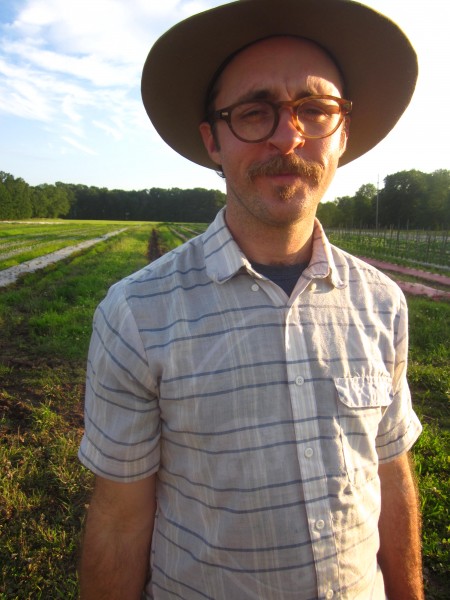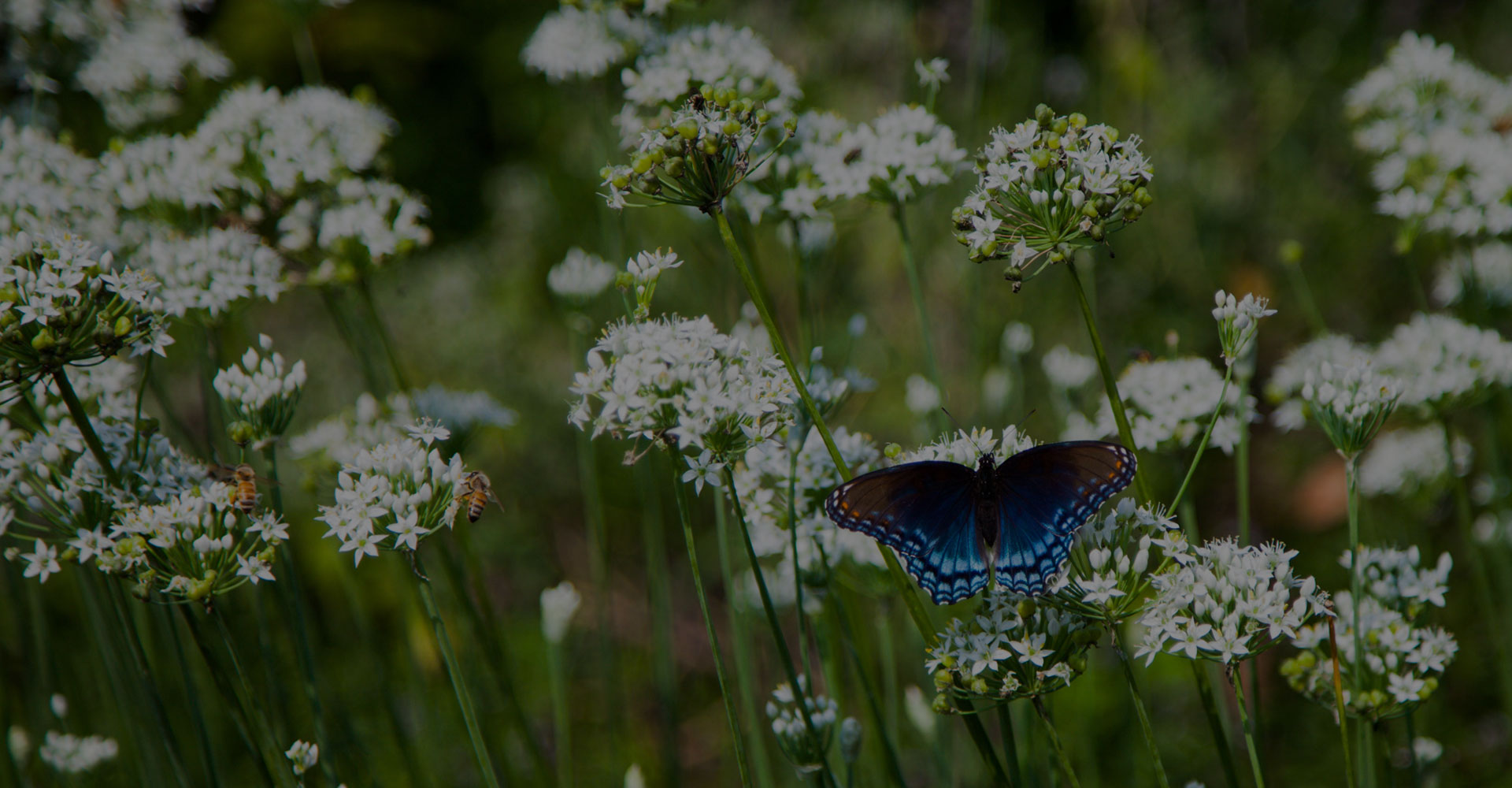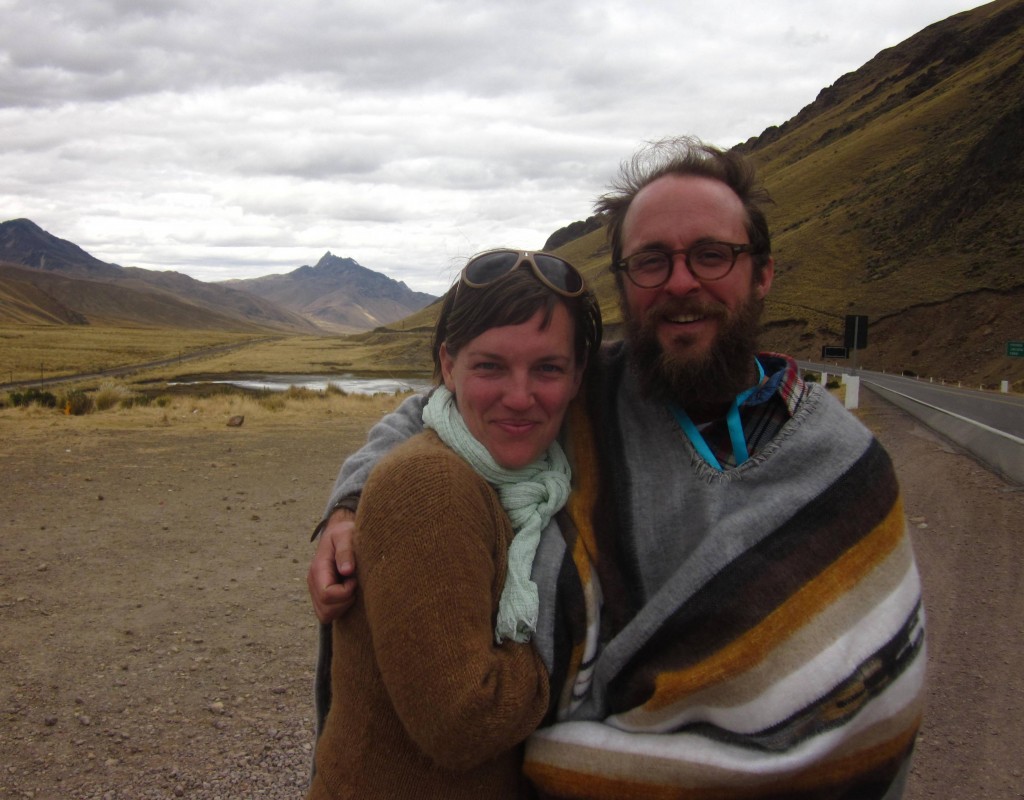07 Jul Meet our apprentices: Bob Dixon
I grew up in Cold Spring, KY, somewhere on the cusp of the country and suburbia just outside of Cincinnati, OH. We had a set of encyclopedias that were referenced often after dinners, usually the result of some disagreement or just plain ignorance of a particular topic. I think this part of my life instilled in me the notion that we have a whole lifetime to learn as much as we can and it is most likely a never-ending endeavor. Following this curiosity has led me, formally and informally, to be a musician, a long-distance hiker, a geographer, a community organizer and data nerd, a traveler of the Americas, and now a farmer. My partner, Rebecca, mentioned in her apprentice profile how the visibility of farms in Latin America inspired us to help create that reality closer to home and ultimately brought us to Blooming Glen Farm. Here, I find myself being educated on the most essential task of survival and wondering how it took so long to arrive at this.
Farming so far has amazed me in its strange paradox of being complicatedly simple, in its constant presence and persistent pace, in its demand for improvisation and flexibility, and in the length of time it takes transforming a seed into something somebody wants to buy. My appreciation for where food comes from and what effort that goes into it has grown. I can only compare the physical demand required for this occupation to when I hiked over 2,000 miles on the Appalachian Trail in 2005. Never since then have I felt the level of exhaustion at the end of every day until now. I can honestly say it is one of my favorite feelings in life. It’s the feeling of satisfaction that I was gifted an able body and I am using it to it’s fullest potential and that potential is helping promote health and knowledge.
 As I have worked in the field for the past two months, my thoughts have been revolving around the history of this country’s physical laborers and how farming creates a connection to a complex and deep past. It also has drawn my attention to what the future looks like as farmers become increasingly more scarce. With around 2% of the population claiming farming as their full time occupation and the average age of a farmer at 57 there is an urgency to figure out why farming has or is fallen out of favor. Simultaneously I see a growing excitement that is shared by many of my peers in the possibility of reclaiming how we produce and consume food in a healthy and sustainable manner.
As I have worked in the field for the past two months, my thoughts have been revolving around the history of this country’s physical laborers and how farming creates a connection to a complex and deep past. It also has drawn my attention to what the future looks like as farmers become increasingly more scarce. With around 2% of the population claiming farming as their full time occupation and the average age of a farmer at 57 there is an urgency to figure out why farming has or is fallen out of favor. Simultaneously I see a growing excitement that is shared by many of my peers in the possibility of reclaiming how we produce and consume food in a healthy and sustainable manner.
My previous occupation at the Network Center for Community Change in Louisville, KY taught me more than I ever thought I would learn about how to take ideas and make them work by getting as many people as possible thinking about these ideas, having discussions, and turning those discussions into action. I think that is why I am here today. I want to work on how we connect two worlds: the world that produces the obscurely tangible ideas like better communities and the absolutely tangible world of scale production of real food. I want to find the answer to why it has taken 30 years for me to figure out how many people 30+ acres of land can feed. I want to join the others already working on these issues and learn how we can make sure future generations know what food actually is from a young age. Rebecca and I are lucky to have found an opportunity to pursue these desires and pay the bills while doing so. Thanks to Tricia and Tom, my fellow farmers, and all the people reading this who support people who grow food and understand that the decisions we make in our daily lives are real and have implications that reach way beyond where we live and work.
Text and photos courtesy of Bob Dixon.






Sorry, the comment form is closed at this time.